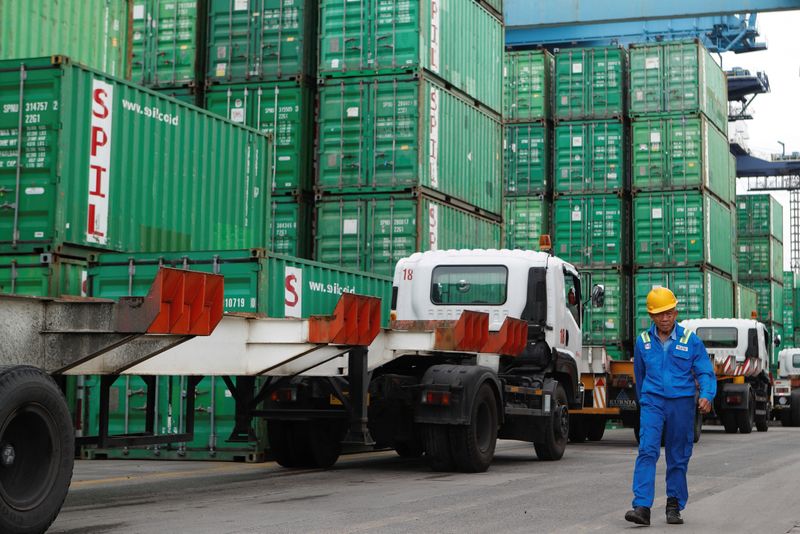AI Sentiment: Bullish
Reason: The article reports a significant rise in Indonesia's export figures for November, attributed to increased global demand for its primary commodities. However, the country's trade surplus narrowed due to increased import activity.
In a recent economic update, Indonesia reported a significant rise in its export figures for November. The country's exports surged by 9.1% on a year-on-year basis, exceeding the expectations of many market observers.
The rise in exports is attributed to increased demand for Indonesia's primary commodities, including palm oil and coal. The nation's coal exports went up by 14.32% in November, while palm oil exports recorded a 56.75% increase. The spike in demand for these commodities is linked to the global economic recovery, with many countries ramping up their industrial activities.
Simultaneously, Indonesia's imports also experienced a rise, marking a 33.39% year-on-year increase. This surge in imports can be attributed to the country's efforts to boost its domestic economy, especially in the manufacturing sector. The rise in imports indicates a growing demand for foreign goods and services that are necessary to stimulate the country's economic activity.
While the rise in exports is a positive sign for the Indonesian economy, the country's trade surplus narrowed to $2.61 billion in November, slightly lower than the $2.63 billion in October. The reduction in the trade surplus is a result of the increased import activity, which has slightly offset the gains from the higher exports. Analysts believe that as the global economy continues to recover from the pandemic, Indonesia's trade dynamics may continue to fluctuate.
In conclusion, Indonesia's economic performance in November has been marked by increased export and import activities. The country's primary commodities such as palm oil and coal have witnessed increased demand globally, contributing to the rise in exports. However, the country's trade surplus has narrowed due to a rise in imports, indicating a growing domestic demand for foreign goods and services. As the global economic recovery continues, Indonesia's trade performance is expected to remain dynamic.




